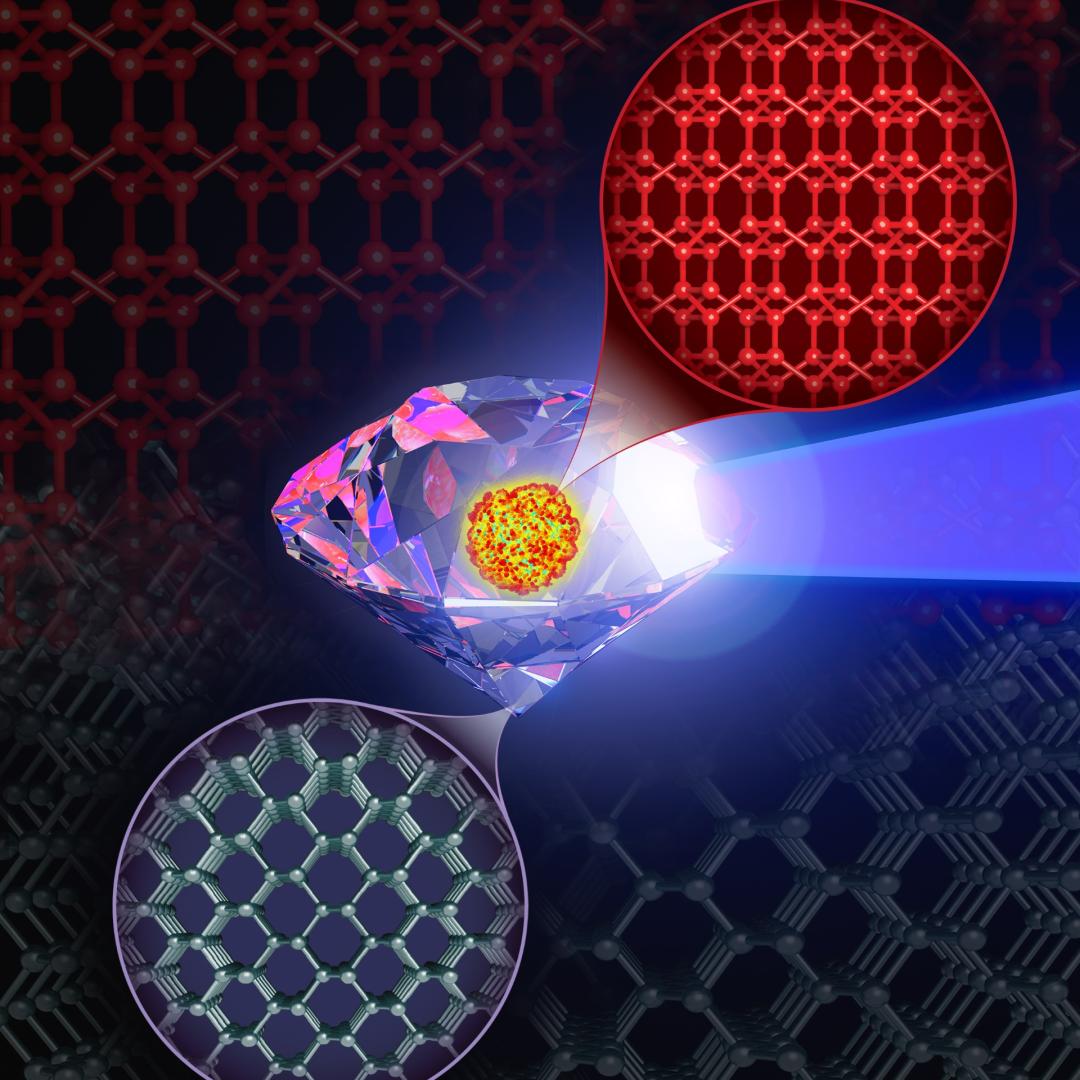
Filter News
Area of Research
- Advanced Manufacturing (1)
- Biology and Environment (38)
- Biology and Soft Matter (1)
- Clean Energy (25)
- Climate and Environmental Systems (1)
- Fusion and Fission (27)
- Fusion Energy (6)
- Isotopes (16)
- Materials (31)
- Materials for Computing (5)
- National Security (8)
- Neutron Science (9)
- Nuclear Science and Technology (16)
- Quantum information Science (1)
- Supercomputing (33)
News Type
News Topics
- (-) Advanced Reactors (8)
- (-) Climate Change (50)
- (-) Emergency (2)
- (-) Frontier (25)
- (-) Fusion (31)
- (-) Isotopes (27)
- (-) Materials Science (46)
- (-) Nuclear Energy (55)
- (-) Polymers (8)
- (-) Sustainable Energy (47)
- 3-D Printing/Advanced Manufacturing (42)
- Artificial Intelligence (48)
- Big Data (27)
- Bioenergy (51)
- Biology (60)
- Biomedical (29)
- Biotechnology (12)
- Buildings (20)
- Chemical Sciences (26)
- Clean Water (14)
- Composites (8)
- Computer Science (87)
- Coronavirus (17)
- Critical Materials (4)
- Cybersecurity (14)
- Decarbonization (46)
- Education (1)
- Energy Storage (29)
- Environment (104)
- Exascale Computing (27)
- Fossil Energy (4)
- Grid (25)
- High-Performance Computing (45)
- Hydropower (5)
- ITER (2)
- Machine Learning (22)
- Materials (43)
- Mathematics (7)
- Mercury (7)
- Microelectronics (2)
- Microscopy (20)
- Molten Salt (1)
- Nanotechnology (16)
- National Security (39)
- Net Zero (8)
- Neutron Science (47)
- Partnerships (19)
- Physics (30)
- Quantum Computing (21)
- Quantum Science (30)
- Renewable Energy (1)
- Security (11)
- Simulation (32)
- Software (1)
- Space Exploration (12)
- Statistics (1)
- Summit (31)
- Transformational Challenge Reactor (3)
- Transportation (27)
Media Contacts
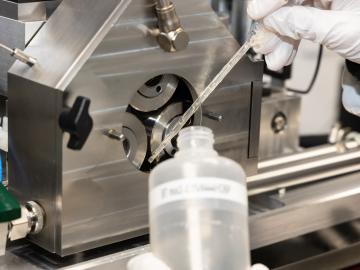
Scientists at the Department of Energy’s Oak Ridge National Laboratory have developed lubricant additives that protect both water turbine equipment and the surrounding environment.

Scientists at Oak Ridge National Laboratory and six other Department of Energy national laboratories have developed a United States-based perspective for achieving net-zero carbon emissions.

The U.S. Environmental Protection Agency has approved the registration and use of a renewable gasoline blendstock developed by Vertimass LLC and ORNL that can significantly reduce the emissions profile of vehicles when added to conventional fuels.
Integral to the functionality of ORNL's Frontier supercomputer is its ability to store the vast amounts of data it produces onto its file system, Orion. But even more important to the computational scientists running simulations on Frontier is their capability to quickly write and read to Orion along with effectively analyzing all that data. And that’s where ADIOS comes in.

ORNL researchers modeled how hurricane cloud cover would affect solar energy generation as a storm followed 10 possible trajectories over the Caribbean and Southern U.S.
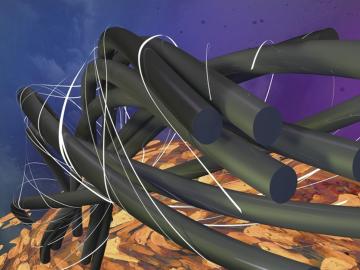
Scientists at ORNL have developed a method that demonstrates how fiber-reinforced polymer composite materials used in the automotive, aerospace and renewable energy industries can be made stronger and tougher to better withstand mechanical or structural stresses over time.
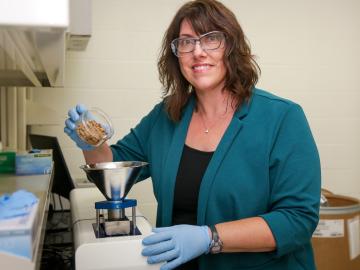
ORNL’s Erin Webb is co-leading a new Circular Bioeconomy Systems Convergent Research Initiative focused on advancing production and use of renewable carbon from Tennessee to meet societal needs.
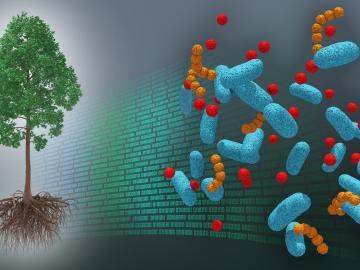
A first-ever dataset bridging molecular information about the poplar tree microbiome to ecosystem-level processes has been released by a team of DOE scientists led by ORNL. The project aims to inform research regarding how natural systems function, their vulnerability to a changing climate and ultimately how plants might be engineered for better performance as sources of bioenergy and natural carbon storage.

Scientists at ORNL have developed 3-D-printed collimator techniques that can be used to custom design collimators that better filter out noise during different types of neutron scattering experiments
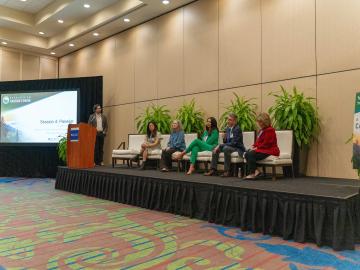
ORNL hosted the second annual Appalachian Carbon Forum in Lexington March 7-8, 2024, where ORNL and University of Kentucky’s Center for Applied Energy Research scientists led discussions with representatives from


